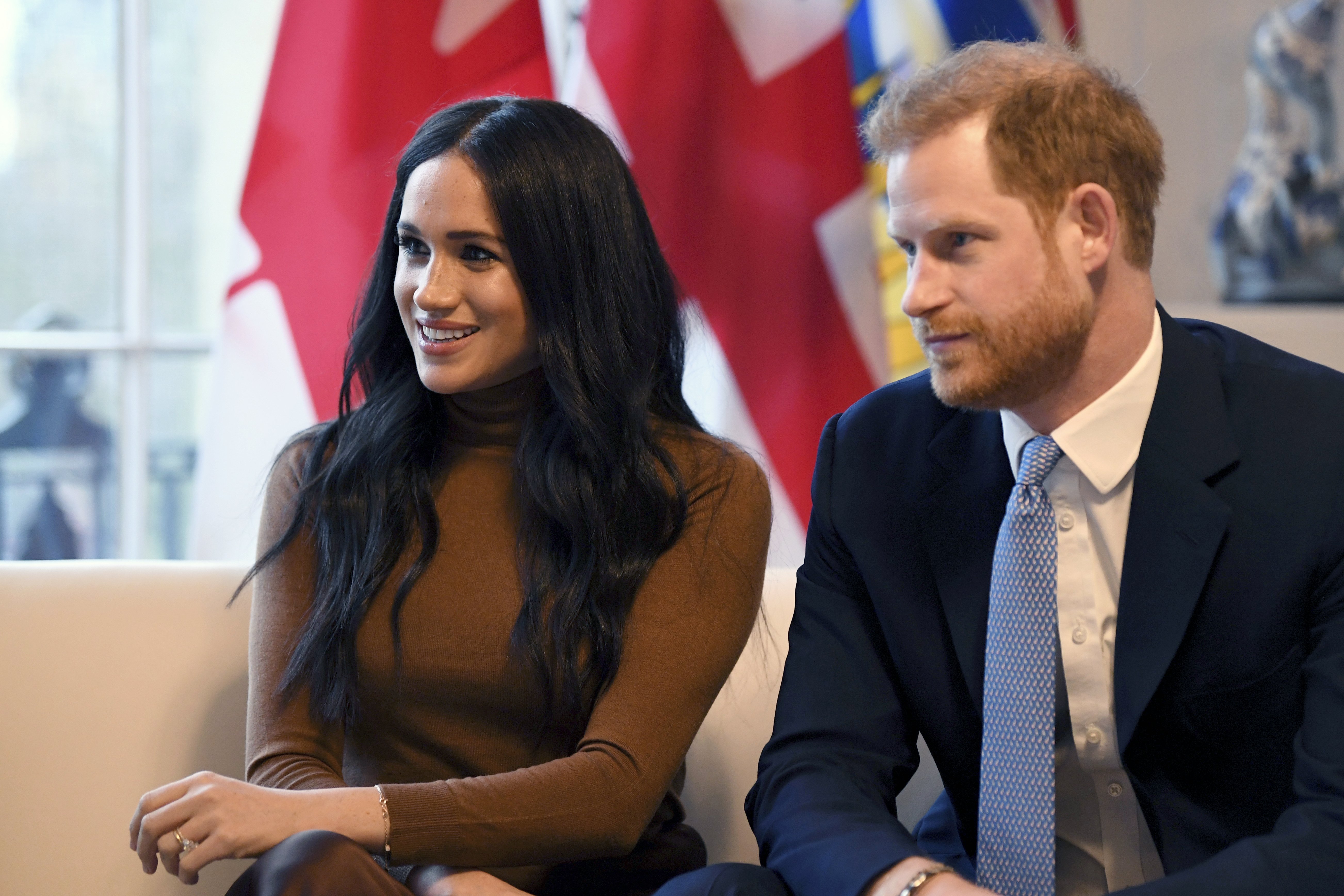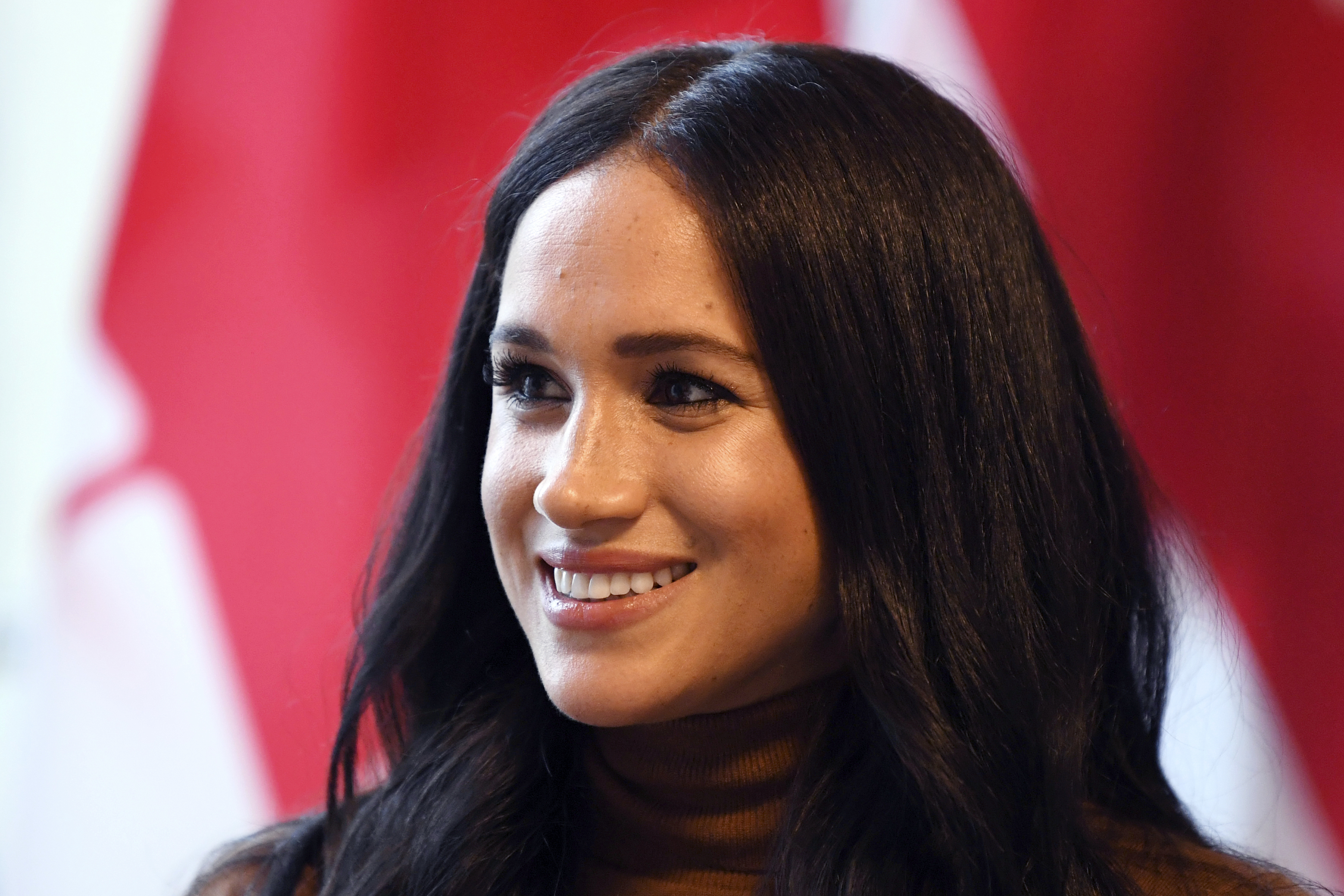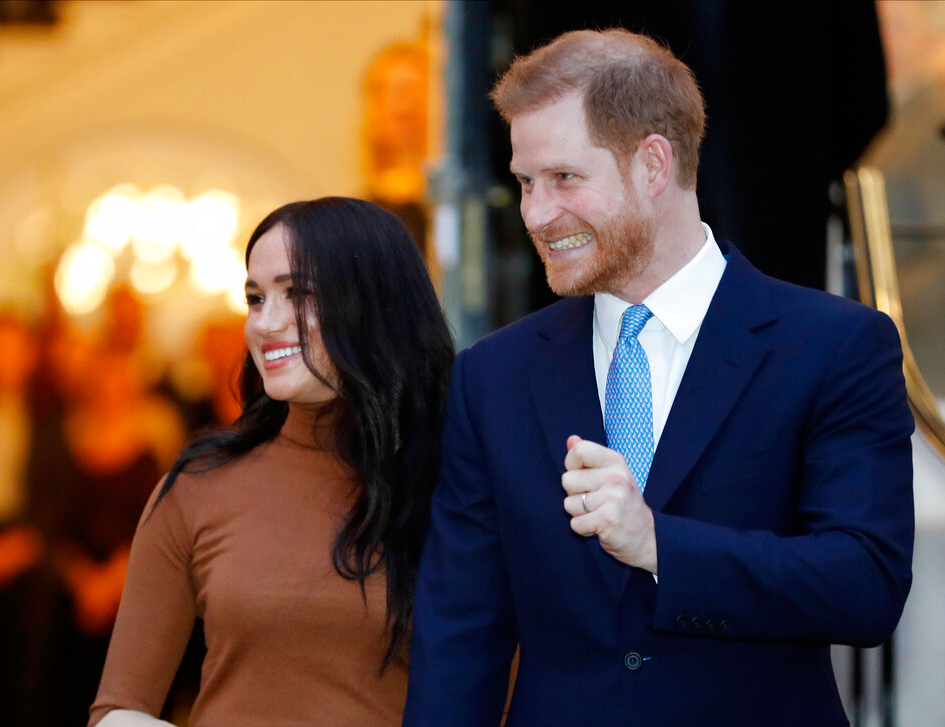One must hand it to the Windsors. They have managed to keep on projecting the image of an imperturbable, fairytale-like existence in spite of ruptures through the years, which were not frequent, perhaps, but certainly stormy. Edward VIII, Queen Elizabeth II’s uncle, gave up the throne, so the narrative goes, to be with the American divorcee he loved. A section of the media is recalling that in the context of the latest storm that is rocking the palace. The duke and duchess of Sussex have abruptly announced that they would like to step back from their roles as “‘senior’ members of the Royal Family”, spend part of their time in North America — Canada, presumably, perhaps California as well — while becoming financially independent, although they would carry out their royal duties in support of the queen, presumably when living in Frogmore Cottage, their royal residence in Britain.
The comparison of Prince Harry and his spouse’s apparently revolutionary decision to reshape the new young royal role — Prince Harry is sixth in line to the throne — with Edward VIII’s abdication is not very apt. The monarchy has moved a little with the times, with dignified inconspicuousness. The prince’s father married a divorcee too, and kept his place in the royal order of things, and that too after a frankly acrimonious divorce and Princess Diana’s terrible death. The House of Windsor weathered those storms and has continued with enviable calm. Much of that has to be laid at the door of the queen, whose image of impeccable balance and loyalty to her role as devoted to public service gives an impression of continuity that the British value. This time, too, the queen has wished for a speedy solution to the conundrum her grandson and his wife have posed.
The duke and duchess of Sussex have been, to put it politely, unusual in both their attitude and their decision. Some cracks had been showing already, but a website, designed without the knowledge of or help from anyone in the palace, announcing the surrender of their roles as senior royals and laying out the conditions, was still a bolt from the blue. Many argue in favour of independence from the stifling rules of the palace, perceiving the step as courageous and in tune with the times. But would the duke and duchess of Sussex be earning their keep without using their royal name? Not likely, not even possible. Besides, even if the couple give up their share of the sovereign grant, would they do the same with their main financial support coming, at Prince Charles’s discretion, from the duchy in Cornwall? More important, the British public funds its kings and queens on the understanding that they are devoted to public service. Should it fund ‘part-time’ royals and pay for their security in Canada? In spite of all the storms that have gone before, this is a new one for the House of Windsor.













